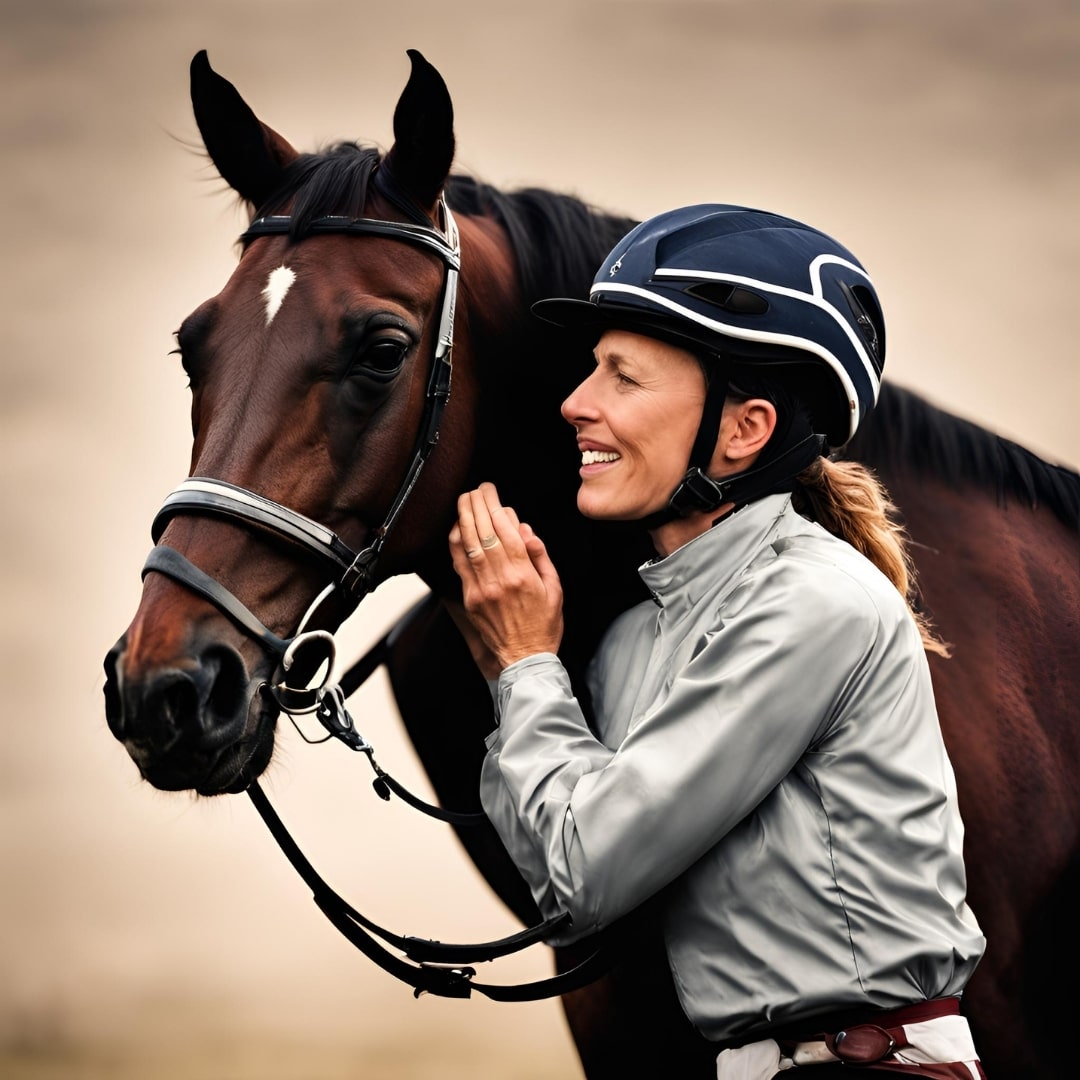Horse racing, a sport that has endured for centuries, is not only known for its competitive nature but also for the special bond between horses and jockeys. This bond plays a critical role in the path to success, as the relationship between horse and jockey is built on trust, harmony, and communication. Let’s explore the psychological aspects of this relationship and its effects on race performance.
Trust Between Horse and Jockey
Trust is the cornerstone of the relationship between horse and jockey. Horses are naturally skittish and sensitive animals. It is crucial for the jockey to instill confidence in the horse and to keep it calm. This trust relationship is reinforced not only through the jockey’s behavior towards the horse but also through the jockey’s self-confidence. A jockey’s self-assurance helps the horse remain calm and focused.
Harmony and Communication
The harmony between horse and jockey is key to the success of a race. The jockey needs to synchronize with the horse’s movements and mood, moving as one with the horse. This harmony develops through long hours of training and time spent together. Moreover, the jockey’s ability to accurately read the horse’s reactions and give appropriate commands provides a significant advantage during the race. This situation, which can be described as silent communication, means that the horse almost senses the jockey’s thoughts in advance and acts accordingly.
Psychological Preparation and Motivation
Psychological preparation before the race is crucial for both the horse and the jockey. The jockey’s mental readiness, maintaining high motivation, and managing stress directly influence the horse’s performance. The jockey’s calm and determined demeanor gives the horse confidence and eases its nerves. Additionally, pre-race rituals and routines help both the horse and jockey feel better and more prepared.
Post-Race Psychological Effects
After the race, both horse and jockey enter a phase of psychological evaluation. Regardless of the race’s outcome, the stress and fatigue experienced by both should be considered. It is important for the jockey to observe the horse’s physical and psychological state and to provide it with the necessary rest and relaxation time. Similarly, the jockey should assess their own psychological condition and seek professional support if needed.
The psychological bond between horse and jockey plays a significant role in the success of horse racing. Trust, harmony, and communication form the foundation of this relationship, while pre- and post-race psychological preparation and evaluation processes positively impact both parties’ performance and overall well-being.








